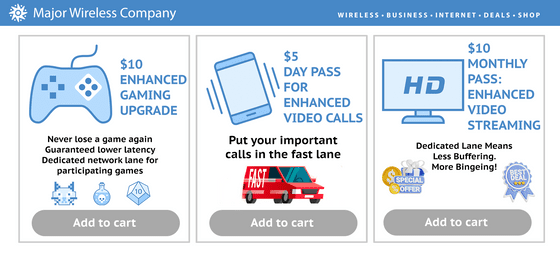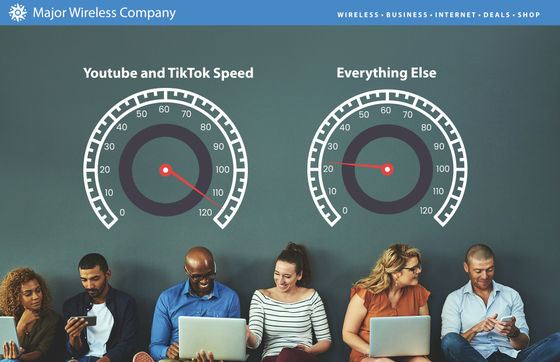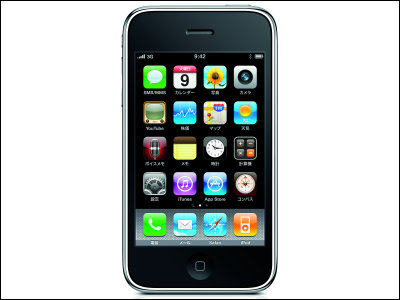Experts criticize 5G as a 'harmful fast lane' ahead of proposed law allowing carriers to charge 'extra' for comfortable online gaming

On April 4, 2024, the Federal Communications Commission (FCC) announced a new proposed rule that would allow Internet service providers (ISPs) to prioritize 5G lines for certain applications. This has been criticized by experts who advocate for a neutral and fair Internet.
Harmful 5G Fast Lanes Are Coming. The FCC Needs to Stop Them | Center for Internet and Society
ISPs can charge extra for fast gaming under FCC's Internet rules, critics say | Ars Technica
https://arstechnica.com/tech-policy/2024/04/isps-can-charge-extra-for-fast-gaming-under-fccs-internet-rules-critics-say/
The issue at stake now is the legal status of ' network slicing ,' a technology that divides 5G networks and allocates lines to specific uses.

The proposed rules, which the FCC plans to release on April 4, 2024 and present to the committee on April 25, include provisions that would prohibit ISPs from blocking,
The prohibition of paid preferential treatment means that, on the other hand, 'as long as you don't accept money from the app, you can give preferential treatment.' This means that users who require high-speed communication for online games or bandwidth to watch high-quality videos may be charged a premium.
'Major ISPs T-Mobile, AT&T and Verizon are all beginning to test 5G fast lanes for apps like video conferencing, gaming and video,' said Barbara Van Schewijk, a law professor at Stanford Law School. 'The FCC's proposed rules, which allow ISPs to choose what to speed up through network slicing, would open the door to these 5G fast lane services.'
Here's what Van Schewyck's 'harmful 5G fast lane' looks like: $10 a month for an extended plan to make online gaming and streaming services more comfortable, or $5 a month for a 24-hour high-speed line for video conferencing.

Of particular concern is the risk that ISPs will be able to arbitrarily choose which apps to speed up, undermining fair competition and internet neutrality. If 5G fast lanes are institutionalized, ISPs are expected to prioritize popular apps such as YouTube and TikTok, which would put niche services with few users in a tough spot.
It is also expected that once mobile providers roll out 5G fast lanes, ISPs providing internet services to homes will soon follow suit.
'ISPs can pick online winners and losers by putting winners in the fast lane and losers in the slow lane,' van Schewijk said.

However, opponents are not arguing that all network slicing should be banned. For example, there are various benefits to mobile line providers operating flexible networks, such as slices for agricultural work to network remote-controlled tractors, slices for tracking and monitoring autonomous vehicles, and slices for video systems in crowded stadiums.
Van Schewijk called on the FCC to amend its proposed rules before its April 25 resolution to explicitly prohibit ISPs from offering fast lanes for specific apps.
Related Posts:
in Web Service, Posted by log1l_ks







